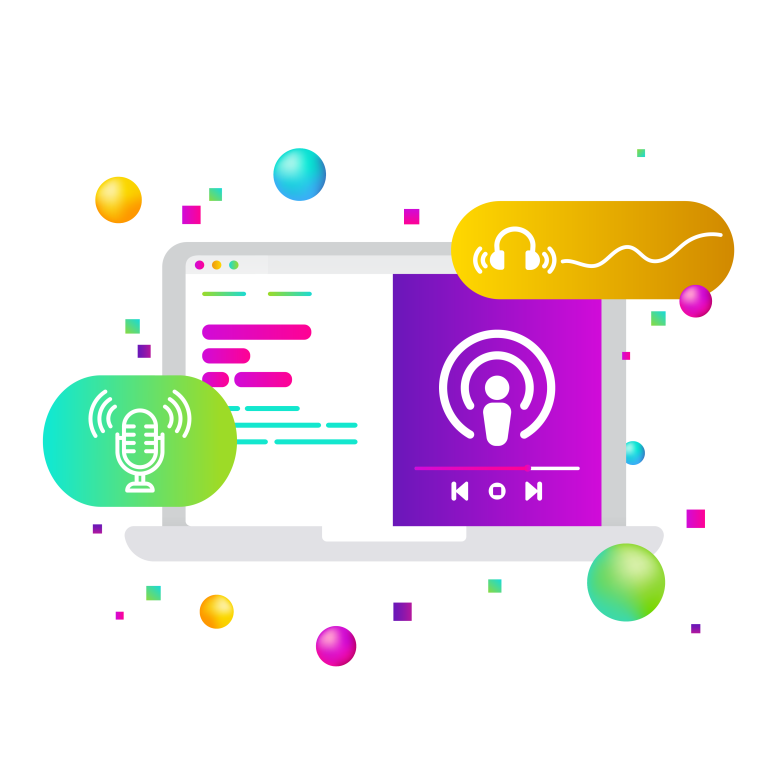Ranking high in search engine results pages (SERP) is the key to success and website speed is one of the most important factors that impact a website’s ranking in SERP. When a user types a search query into a search engine, they expect to find relevant results quickly. If a website takes too long to load, the user is likely to become frustrated and move on to a faster-loading site. This is why search engines like Google prioritize websites that load quickly in their search results.

Understanding Website Speed
Website speed refers to how quickly a website loads in a user’s browser. There are many factors that can impact the speed, including the size of the website, the number of images and videos on the site, and the quality of the website hosting.
There are many tools available to measure speed, including Google’s PageSpeed Insights and GTmetrix. These tools can provide website owners with insights into how their website is performing and offer suggestions for improving your speed.
Importance of Website Speed for User Experience
Website speed is important for user experience because it impacts how quickly users can find the information they are looking for. If a website takes too long to load, users are likely to become frustrated and leave the site.
Studies have shown that speed is closely related to bounce rate, which refers to the percentage of users who leave a site after viewing only one page. If a website takes too long to load, users are more likely to leave without exploring the site further.
In addition to impacting bounce rate, website speed also impacts conversions. Users are more likely to make a purchase or complete a desired action on a site that loads quickly and is easy to navigate.
Importance for SEO
Website speed is also important for SEO because it impacts how search engines crawl and index a site. When a search engine crawls a website, it is essentially “reading” the site to determine what it is about and how it should be ranked in search results.
If a website takes too long to load, search engines may not be able to crawl the entire site, which can negatively impact the site’s ranking. Additionally, website speed is particularly important for mobile-first indexing, which means that Google and other search engines are prioritizing mobile versions of websites when indexing and ranking search results.
How to Improve Your Speed
Optimize images
Large image files can significantly slow down a website. Compress images to reduce their size without sacrificing quality. You can also use lazy loading, which loads images as the user scrolls down the page instead of all at once.
Minimize HTTP requests
Every time a user visits a page, their browser sends HTTP requests for every file on the page. Reduce the number of requests by combining CSS and JavaScript files, reducing the number of images, and removing unnecessary elements.
Use caching
Caching stores frequently accessed data in the user’s browser or a server, so the website can load faster. You can use browser caching, server caching, or a Content Delivery Network (CDN) to speed up your website.
Enable compression
Compressing files can reduce their size, allowing them to load faster. Enable Gzip compression to reduce the size of HTML, CSS, and JavaScript files.
Reduce server response time
The time it takes for the server to respond to a request can significantly impact your website’s speed. Optimize your database, upgrade your hosting plan, and reduce the number of plugins to improve server response time.
Getting your website up to speed isn’t a race against the clock, but it is an important task for improving your website’s usability, SEO and functionality. Building fast websites is not as difficult as one may think. Simple changes such as optimizing images and minifying code can improve page loading speeds in a matter of minutes.
Ultimately, improving page-loading speed isn’t just about achieving a high Google page ranking, it’s about giving users an experience that meets and exceeds their expectations. Plus, focusing on creating a faster website can help you form better relationships with those utilizing your services or visiting your contents. So, make sure you take the time to review and optimize all the components of your website to maximize its performance.



